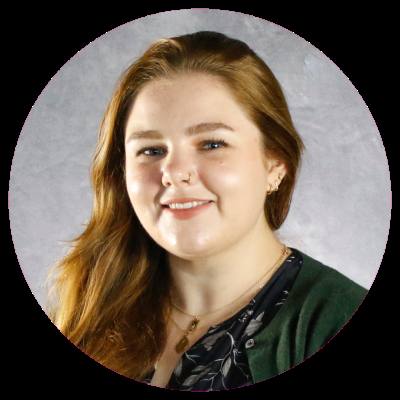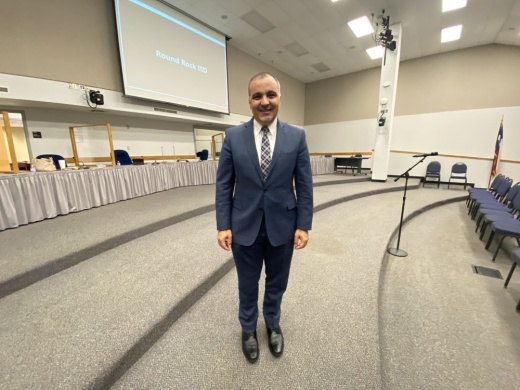Q: What made you want to become an educator?
A: When I first moved to Houston, my goal was to go (into) the oil business. But there came an opportunity where there was a lot of need— and there's still need— for teachers, especially in the science and math arena, so it was easier to get a science teacher position and start working there and make that transition to the oil business. But, after working there for a few months, I realized this is something that I want to do for years to come. I felt like it was a calling.
Q: What is something parents should know about you?
A: I think what our parents need to know is that I care. I care a lot about the success of all our students. I'm someone who would work extremely hard to put our students' best interests first and am always looking for ways to improve our practices and improve our performances. I am always very thankful for the parents who decide to entrust us with their children, because as you know, parents have choices besides their regular ISDs.
Q: What are some of your plans for Round Rock ISD going into the first completely in-person semester since the COVID-19 pandemic began?
A: I [have] started already, [spending] a lot of time meeting to listen and learn from our parents, our community members, business partners [and] staff to learn as much as possible. But, now that our students are coming back to school face to face, we want to make sure that we are addressing their needs. We need to make sure that we are there for them to ensure that their transition back with us is ... successful and that we are filling any gaps.
Q: What experiences do you think have shaped your approach to improving student outcomes as a superintendent?
A: I happen to consider myself an instructional leader. I always looked at numbers, [because they] tell you what's happening. Growing up, I was a problem solver [who tried] to figure out the root causes of the issue and to figure out how to better solve them or fix them. I like to also try to understand and make sense of it, figure out how you can improve those numbers. When we talk about student outcomes, It's pretty much the same approach. You have to look at how students are performing—not just one group of students but every group of students. You have to look a bit deeper at the campus level [and] the classroom level, and then we have to look at every student as an individual ... and look at how each is doing and how [we] can grow the students.
Q: What stands out to you about Round Rock ISD?
A: I've been extremely amazed by the quality, dedication, and the service [of] not just our staff, but also our parents, our PTA [and] our business partners. I can tell you, I don't think there is anything like Round Rock when it comes to the level of involvement and dedication and service that our parents or business partners, and of course, our staff, are putting together to ensure that our students here are being taken care of and they're being successful.
Q: When you were a student, what was your favorite subject and why?
A: I love math, I love numbers. I love problem solving. When I graduated from high school, I was like, 'Should I go the math route and have a bachelor's in math or physics and chemistry?’ because I also liked science. I did my bachelor's in physics and chemistry, but as you know, even (with) the bachelor of physics and chemistry, you have to take tons of math courses.





